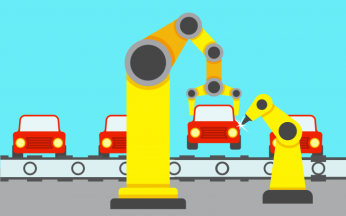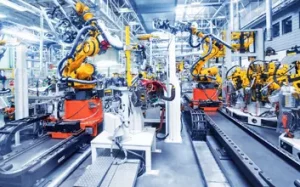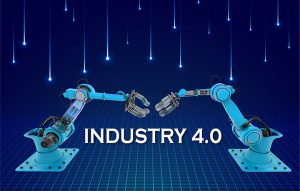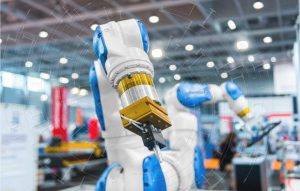The manufacturing industry is very dynamic. It has undergone rapid changes in order to handle the market fluctuations. This propels new issues and concerns upon manufacturers quite often. Though global manufacturers have attained significant heights in technology adoption and equipment innovation, the optimization, efficiency, and safety procedures on the shop floor still have loopholes. Hence, the shop floor risks that reduce efficiency, drain productivity and negatively impact business results need to be addressed.
“Industry 4.0 is making the plant floor much smarter than ever before. But that is not to say that automation, data exchange, IIoT and cloud computing can manage itself. Companies need to focus their efforts on identifying and addressing pain points and engaging their workers in the change process to bridge an understanding of what must be done to realize the full potential of these innovative technology solutions,” said Porfirio Lima, CEO of Sensai, an augmented productivity platform for manufacturing operations.
The top five issues affecting manufacturing operations:
1. Disastrous equipment failures
In the event of equipment failure, temporarily shutting down operations severely affects the employee safety. In addition to this, companies outsource the production to cope with the market demands, which incurs a heavy cost. With no shop floor automation, the factory is vulnerable to suffer from such inevitable scenarios. In addition, the legacy equipment even becomes an interruption for the manufacturing process. It acts as a barrier to success even after the digitization of the process because of the intricacy of exchanges and usage of data.
2. Collection of humongous data and performing analysis
Humongous information from multiple departments is required in order to run a factory effectively. Whether it is inventory, supply, delivery, quality, production, or any other detail about operations, everything has to be examined, monitored and reported on a regular basis. The extremely important business decisions require analysis of a range of data. In such a situation, a competent factory shop floor automation system helps managers to save time in collecting the required information from various available sources and analyzing it for making vital decisions for the betterment of production.
3. Reliability of information
Consolidation of the data is crucial and maintaining its accuracy is even essential. If data is not dependable, it is obvious to misdirect the flow of the process leading to unfavorable decisions, wastage of resources and making operational processes complex. Since the manual entry of data is susceptible to errors, it misguides crucial business decisions. When your company has a mix of mechanical and manual systems, you have to give more emphasis on segregation and analysis of data which makes it a more complex job. Implementing an appropriate technology in your system will save you from such hassles, empower you to use the data accurately, and help you make commendable decisions competently.
“We put a large focus on managing critical equipment. You need to think productivity, but reducing environmental impact should also be a top priority.” – Joaquin Santos, Maintenance Manager, Discrete Manufacturer
4. Sluggish onboarding and loss of information
New hiring enriches a business with new talents and skills. Companies that spend the time to prepare their new employees benefit more than the ones that do not. This is simply because the absence of training may result in operational errors, lack of confidence, and deficiency of information in the assigned tasks. But it requires a good amount of training to make the new bee familiar with the process and get accommodated into the system which takes a lot of time. Since this is a slow-going process, it involves zero productivity.
5. Regulation of the procedure
The final product is completely based on the composite association of equipment’s condition, the process constraints, and state of the material. If any of these parameters don’t perform appropriately, the productivity is tremendously affected. So to avoid errors in the manufacturing process, an efficient factory shop floor control system is required to drive the process in place. Such a system can definitely direct operators to take actions in order to enhance performance, quality, and uptime. Artificial intelligence and machine learning facilitate smart control on the process for automatic rectification of errors and unconventional consideration of all the important elements affecting the process.
Due to the fact that manufacturers face challenges from every facet, it is important that the industry prepares consequently, emerging and executing persistent technologies for operations at a faster level. An unexpected downtime, incompetence to sustain scheduled production rates, security, and environmental occurrences are all difficulties that can be traced directly to repetitive equipment failure, disparities in production volumes, and human exchanges when fronting these circumstances.
Paying attention to probable risks is even a part of the risk management process. Since your shop floor is susceptible to risks, you must review the areas of exposure on a regular basis to keep up with those fluctuations. And in order to save your shop floor from such unpredictable risks, you must incorporate a shop floor control system on your factory.
To know more about how to protect your manufacturing plant floor, talk to our experts.









